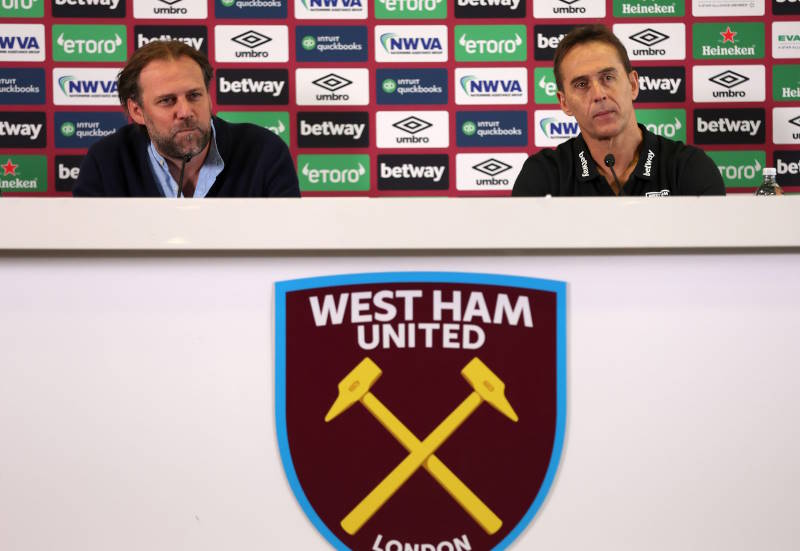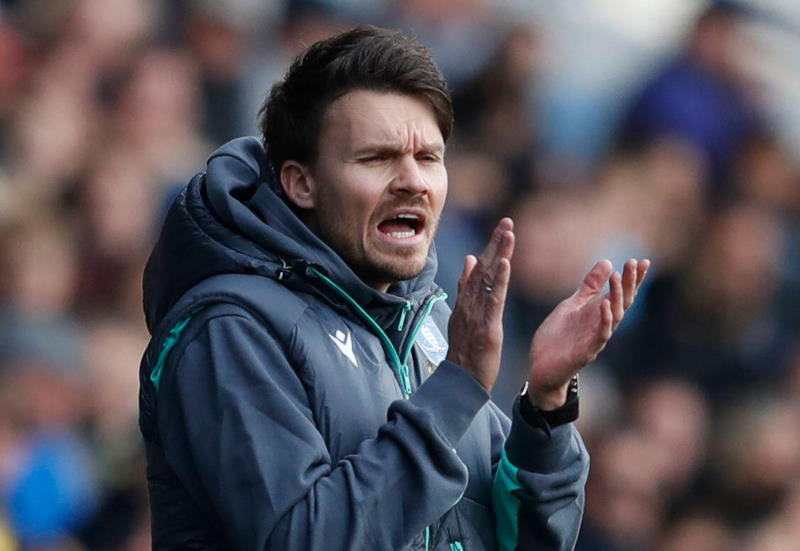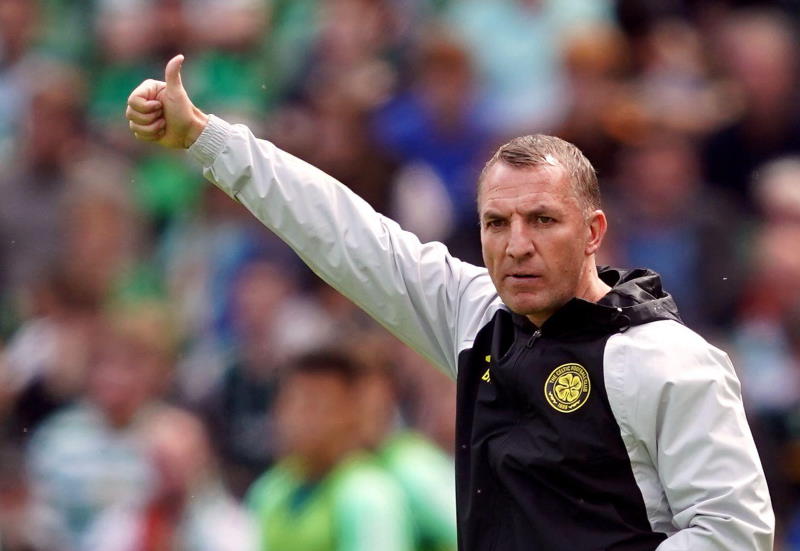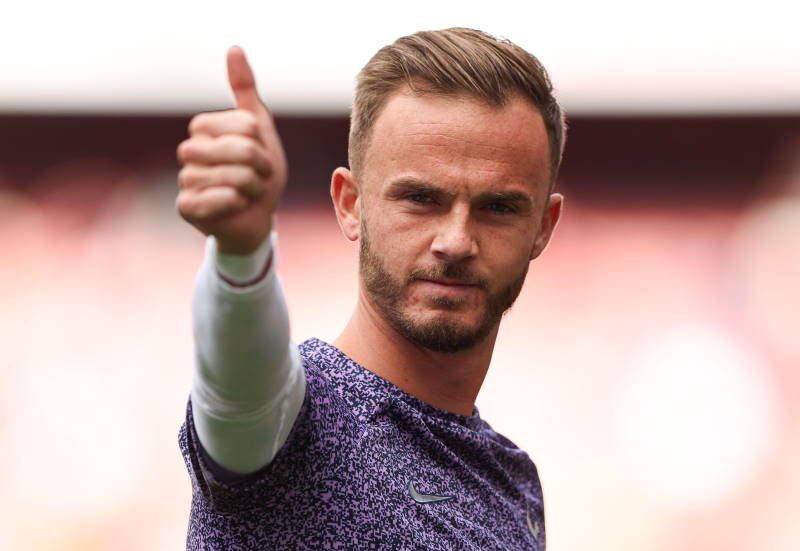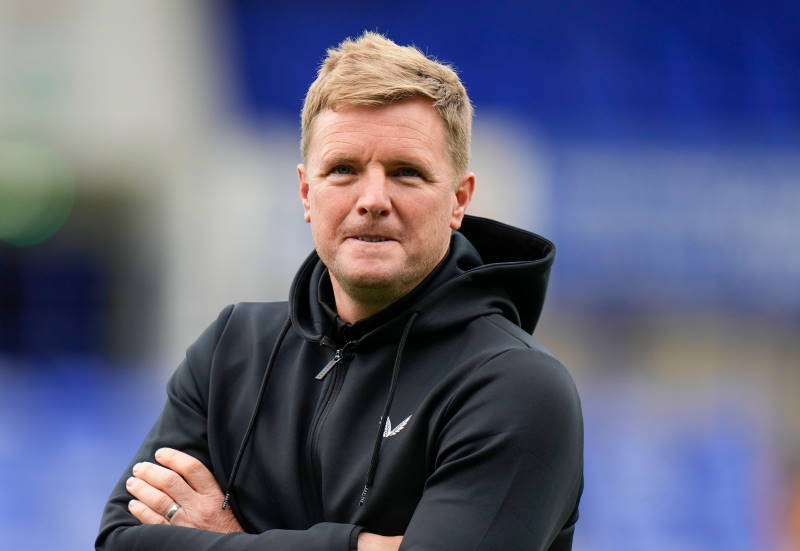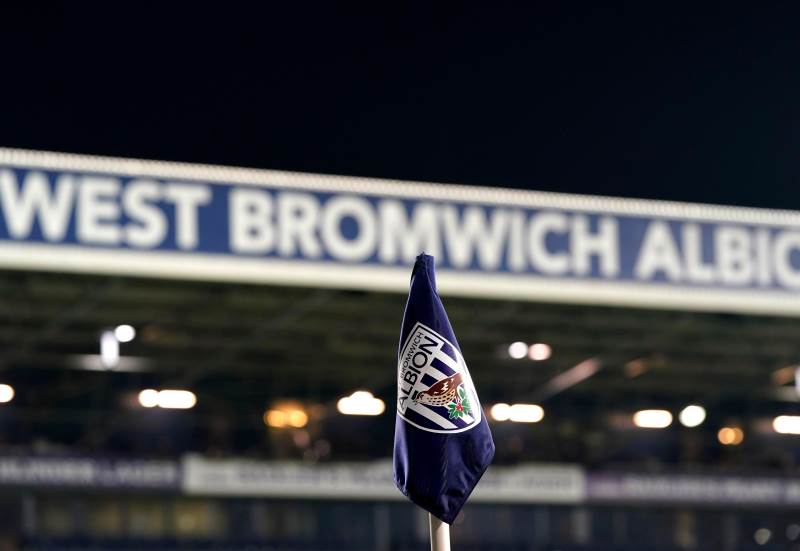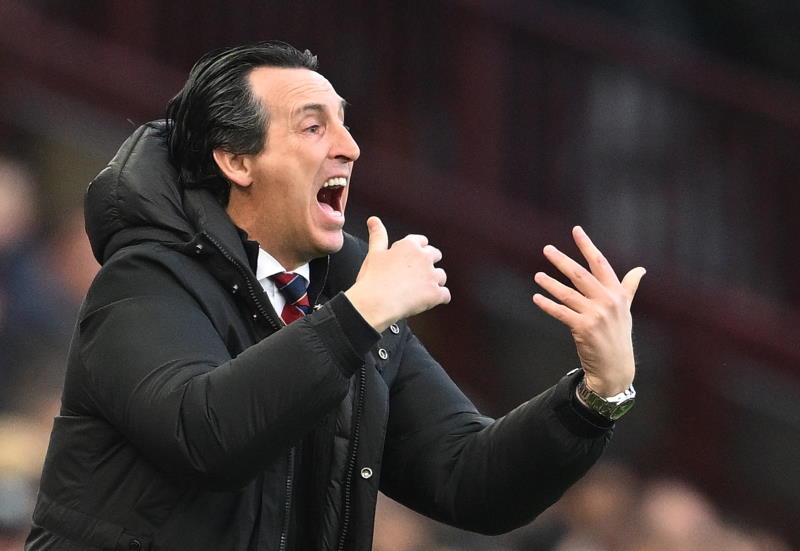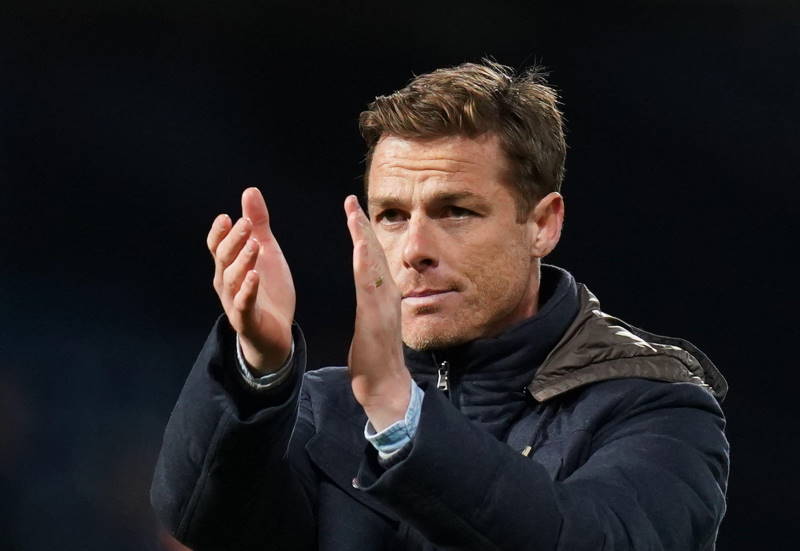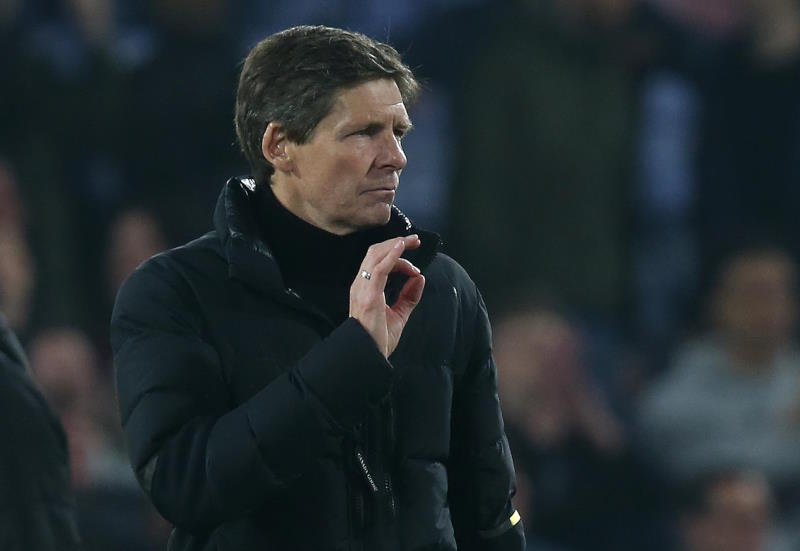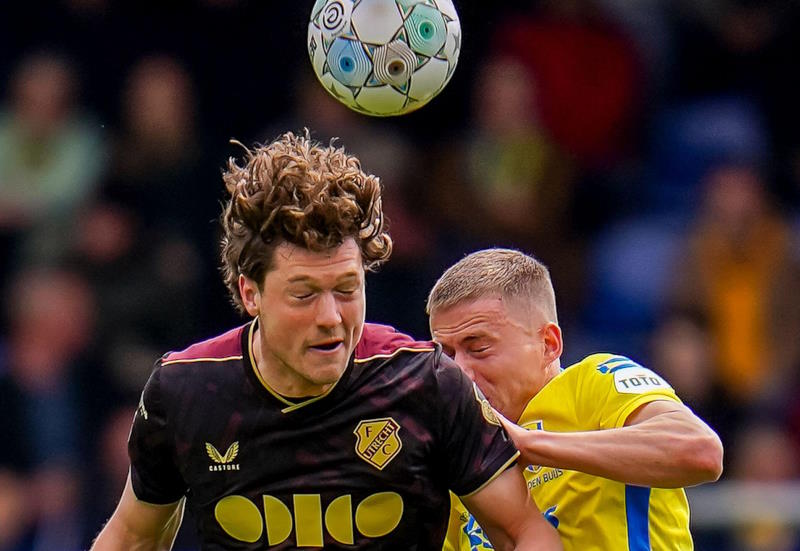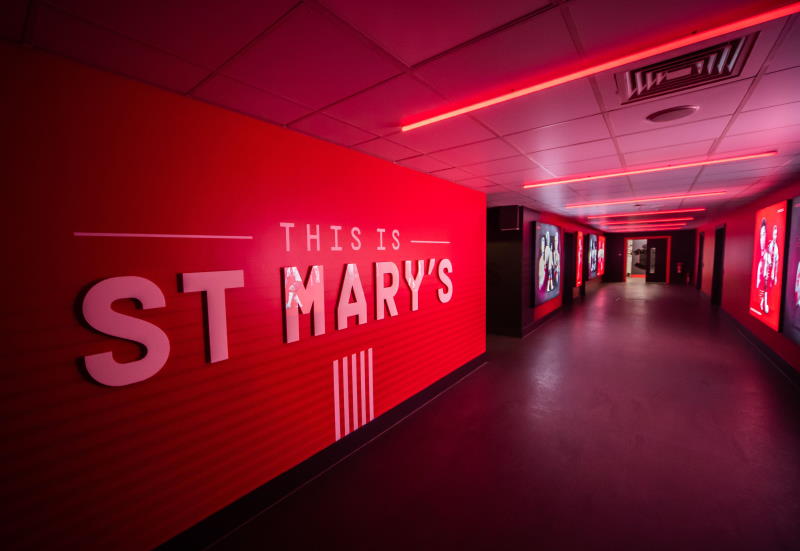Vadim Vararu
There is a small country in Eastern Europe, between Romania and the Ukraine, and if you take a look at an atlas, you will realise that the country we are talking about, is Moldova. Situated in 52nd place in FIFA’s ranking table, Moldova can not be called a football grandee, but, also must not be unappreciated. The Moldavian national team, as well as any top Moldavian club side, is able to spring a surprise at any time, the most recent victims having been the more solid team of Hungary (Moldova 3:0 Hungary).
The center of footballing life in Moldova is the Football Association, which was founded on the 14th of April, 1990. A UEFA member since 1993 and one of FIFA’s members since 1994, the organisation is run by Pavel Cebanu, who was elected on the 1st of February, 1997 and re-elected on the 3rd of March 2001 as the President. Having played almost his entire career at Moldavian club “Zimbru”, Pavel Cebanu seems to be right man for the job because Moldavian football has increased in standard a lot during last few years. The national team was ranked 116th in 2005, but now sits in 52nd place, and let’s be honest, it’s a remarkable breakthrough for such a small nation with limited resources.
Indeed, the national team may be said to be the pride of the country much more than any club side because it has competed on the international scene much more significantly, than “Zimbru”, “Sheriff” or “Dacia” have done in club level competitions for last two to three years. An important role in this development has for sure been the head coach Igor Dobrovolsky. Dobrovolsky is just 40, so one of the younger generation of coaches and has a large collection of honours from his playing career including, a gold medal at the 1988 Olympics, silver boot at the 1988 Olympics (6 goals), Soviet Union player of the year in 1990, 1990 UEFA European Under-21 Championship winner, French League title 1991-92, Champions League in 1992-93, European Champions Clubs Cup 1992-93. So many trophies prove that Dobrovolsky has experience of the game at the highest levels and can relate to the very top stars playing today, like Ronaldinho or Kaka.
Most of the national team’s players ply their trade at Russian, Ukrainian or Romanian clubs. Unfortunately many are not considered good enough to play in major leagues. Radu Rebeja and Alexandru Epureanu used to play for FC Moskva, Alexandru Gatskan plays at fellow Russian side Rubin Kazan (the club that is this season’s surprise package in the Russian championship), Eugeniu Cebotaru at Romanian club Ceahlaul, meanwhile, Viorel Frunze, has been hired by PAOK Salonika of Greece.
However, knowing their group opponents for World Cup 2010 qualifying group it is obvious that Dobrovolsky and company will have to work hard, day by day, in order to increase the team’s level even more and reach that point, when a match against Greece won’t make the Moldavian players tremble any more. The next game, against Croatia on the 24th of May will set the tone for their whole campaign.
Whilst the national team has made great strides Moldavian club sides have not been as successful. However, there remain some good competitive sides in Moldova. Some of these are:
 F.C. “Zimbru” Chisinau
F.C. “Zimbru” Chisinau
The club from the capital city have showed good football for a long time but not during last five to six years. The club is 60 years old and played its very first match under the name “Dinamo”, also being known as “Burevestnik”, then “Moldova”, “Avintul”, “Nistru” and finally “Zimbru”. Today’s “Zimbru” seem to be suffering something of a crisis, this being shown by the fact that team has failed to achieve any of its targets over the last two seasons.
Zimbru have failed to win national championship, though a little over 5 years ago the club were simply the dominant force in Moldova and had no serious rivals. The fans, needless to say, have been devastated by the club’s decline. Zimbru have also failed to scale the heights in European competition, since they stepped into last 16 of the UEFA Cup in 1995-96 and twice reached the third preliminary round of UEFA Champions League (1999-2000 and 2000-2001).
FC Zimbru have though been Moldova’s champion 8 times (1992, 1992-1993, 1993-1994, 1994-1995, 1995-1996, 1997-1998, 1998-1999, 1999-2000) and four times the winners of Moldova’s Cup (1997, 1998, 2003, 2004). There was also was one remarkable game worth mentioning against “Ciuhur” from Ocnitsa (a city in Moldova) that finished with the score 15:1, in 1997.
The present head coach of Zimbru is Alexandr Sevidov, whose almost entire career as both a footballer and coach has been spent in Ukraine. He has been heading the club from Chisinau since 2007(quite a short time), but already supporters are impatient for better results to come along. The team itself is a very, very young one, most of the players are aged between about 20-24 years old. Many feel that Zimbru are a team in transition and the one to emerge will take them back to their former glory. Certainly the chance these youngsters are being given every chance, so let’s give them an opportunity to perform and grow!
 F.C. Sheriff
F.C. Sheriff
The first Moldavian club that won an international trophy – Commonwealth of Independent States Cup in 2003. In the domestic league Sheriff seems to have no opponents at all, so that it has been dominating Moldavian football since 2001, when they first claimed the trophy and since then they have been determined that they are still not going to give it up to anybody else. The side under the control of Leonid Koutchouk, has also achieved success in the Moldavian Cup four times (1999, 2001, 2002, and 2006).
The club was born on the 4th of April, 1997, sponsored by Sheriff Ltd and directed by the company’s President – Mr. Victor Gushan. Sheriff’s first goal was to gain promotion to the National division of the Moldavian Championship and because they did a good job, Sheriff achieved all their objectives and more very quickly. In 1998 the team from Tiraspol became the holders of Moldavian Cup. Pretty fast, isn’t it?
In 2002, the Sheriff Company constructed the most luxurious stadium in Moldova to serve as team’s home ground, as well as acting as a top class ground for the national team to use. So, we could say that big money invested in club development catapulted Sheriff to where they are today. Due to rich sponsors, Sheriff is the only team from Moldova that has foreign players from Brazil (Alberto Thiago, Jose Nadson) and even an African contingent (Mamah Gafarou, Wilfried Benjamin Balima, Florent Rouamba…), all of whom helped to keep the dominant side as the one from Tiraspol city.
 F.C.Dacia
F.C.Dacia
Dacia are also from the capital of the Republic of Moldova and debuted in the “A” division of Moldova’s championship in 2000, coached by Igor Ursachi. Finishing next season (2001/2002) in first place, they achieved promotion to the National division where they have remained until this day. 2003 was an important milestone for the club for two reasons. Firstly, Dacia signed a contract with Emil Caras, a new coach who has since improved the team’s performance greatly, and secondly in 2003 the “yellow wolves” became the first Moldavian club, that had played in super-modern stadium, under a huge crowd of 60000 fans (against Schalke at the Veltins Arena).
All of these clubs are the main powerhouses of Moldavian club football, but certainly they still have much to work to do to progress to the next level, so it’s a safe bet that it will be a long time until any manage to reach the group stages of the UEFA Cup or Champions League.
Besides them, “Nistru”, “F.C.Tiraspol”, “Iskra”, “Tiligul-Tiras”, “Olimpia”, “Dinamo”, “Politehnica” and “CSCA-Steaua” are the clubs that are present and fight in the National division in this season (2007/2008). Moldavian supporters do their best to sustain their beloved clubs (due to tiny ticket prices…$1-6 per game) so the only business of the teams is to show good interesting games.

